Grower Stories #126: Karina Primelles
Published
Updated
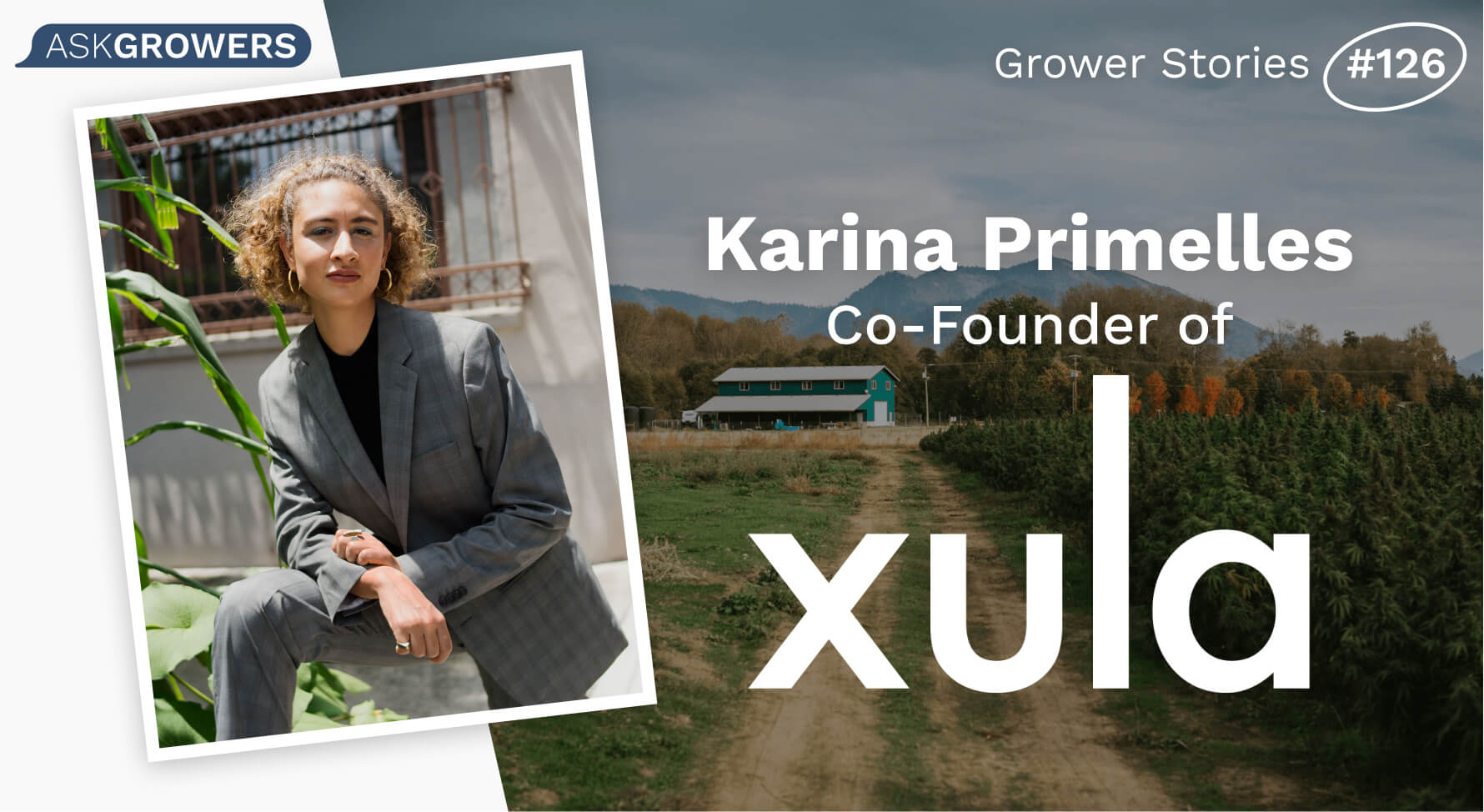
Xula Herbs Co-founder Karina Primelles Talks About Her Brand and the Representation of Latin and Black People in the Cannabis Industry
Xula's Wellness Tinctures and Topical Women's Health Blends are truly herbal infusions. The co-founders of the brand claim that herbal formulas are created using ancient knowledge and modern science. CBD is sourced from their own hemp farm. #growerstories
Tia : How did you start Xula?
Karina Primelles : Xula was founded out of our respect and love for the cannabis plant. As women who split our time in the U.S. and Mexico, we recognized that both spaces lacked CBD products specifically targeted to nurture our bodies — bodies with wombs. The grave lack of representation of Latina and Black people like us in the industry, both as executives and customers, also galvanized us to build something not just for us, but for our communities. As such our brand doubles as a platform to celebrate and amplify our cultures and our communities. It all just seemed like the perfect intersections.
Tia : How did your relatives react when you decided to start a cannabis brand?
Karina : My close relatives have been supportive from the outset. Even prior to launching a cannabis brand, I had already made my relatives appreciate cannabis for its therapeutic potential. By being able to communicate clearly the ways in which this plant can support our bodies and them seeing first hand how it has helped them, made this process feel quite seamless.
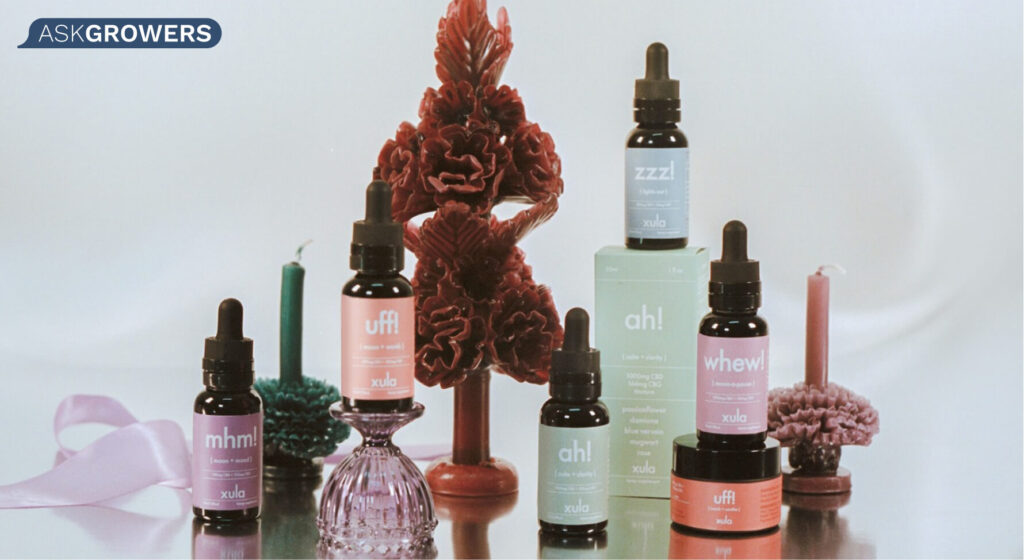
Tia : What are your greatest strengths? And your weaknesses?
Karina : A great strength of mine is that I am a self-learner and if the interest is there I can teach myself anything from biology to business concepts. A weakness, on the other hand, are definitely my organizational skills, which thanks to technology (especially google calendar) have been getting better.
Tia : How can we improve Social Equity in the Industry?
Karina : We need to create pathways from employment for all those that have been directly impacted by the war on drugs. As a small company, we are still trying to figure out how to support these efforts moving forward.
Tia : Do you think the cannabis industry players are paying more taxes than others? Do you think it’s fair?
Karina : As a CBD brand we do not pay more taxes, but we do pay more than double when it comes to payment processing. Which while not a tax is definitely an unfair extra fee.
Tia : How do you foster sustainability?
Karina : We focus on sourcing and manufacturing locally. With our hemp farm based in Southern Oregon, we manufacture our products and source most of the herbs we use in that region as well.
Tia : It is Hispanic Heritage Month. Are you planning any special initiatives?
Karina : We believe that the term Hispanic refers more to the colonizers than the people in the global Latin community. However, yes, we are actually going to be traveling to NY and hosting events where we have invited latine/x speakers to be in the community with us and explore and celebrate the myriad ways of being Latin.
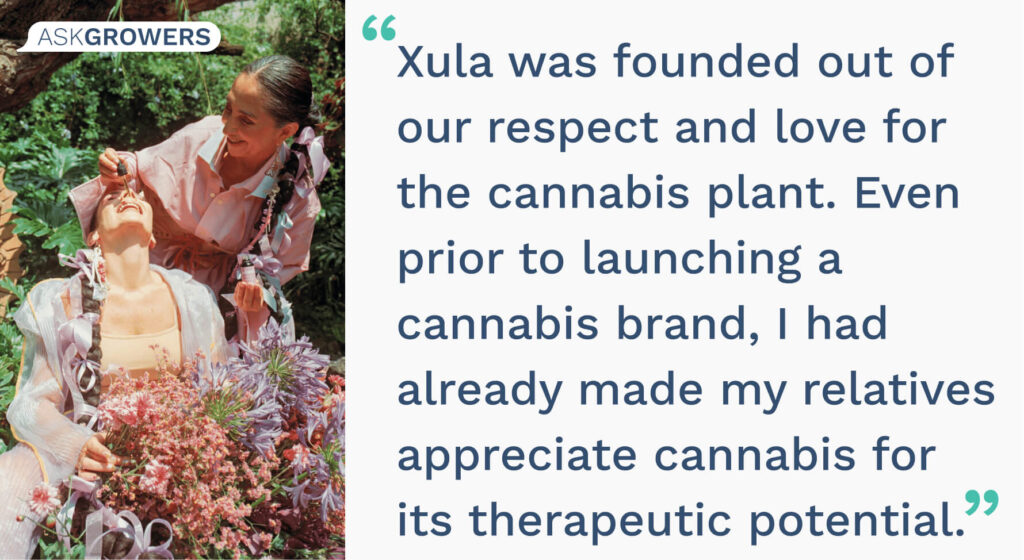
Tia : Have you faced any prejudices because of the latin-owned business?
Karina : Not upfront. We have received a lot of support and engagement; I believe in part because it is not that often that stores and publications come across latin owned brands.
Tia : How do you think your brand differs from others in the industry?
Karina : I believe our brand differs both in terms of our product offering and branding. When it comes to our products, we focus on aiding in aspects related to women's health – menopause, PMS, and cramps in particular. We do so by incorporating key synergistic herbs into each product in a way that allows us to go beyond cannabis and really re-introduce people to plant medicine more broadly. In terms of our branding, we aim to use our platform as an opportunity to amplify the voices and cultural feel of aspects of our communities that are generally not seen as part of a wellness brand.
Tia : Did your cultural heritage bring something special and new to the cannabis industry?
Karina : It helps bring into the space a fresh perspective as to what wellness can look like and who can be a part of it.
Tia : What is your personal cannabis consumption routine?
Karina : I take our ah! (calm + clarity), every morning before work. I also smoke about 2-3 times a week and love to either journal or dance when I do so.
Tia : Your top strains to smoke? Why?
Karina : I am not loyal to any particular strain, but there are two that I am currently quite into. On a trip to Colombia, I was gifted what clearly are some Sativa landrace strains. I call them “Doña Orfa” by virtue of the grower that gifted me these seeds. Their effect is wonderful, light and euphoric. I also have been loving Blue Dream Haze as it is both relaxing and stimulating, as oxymoronic as that may sound.
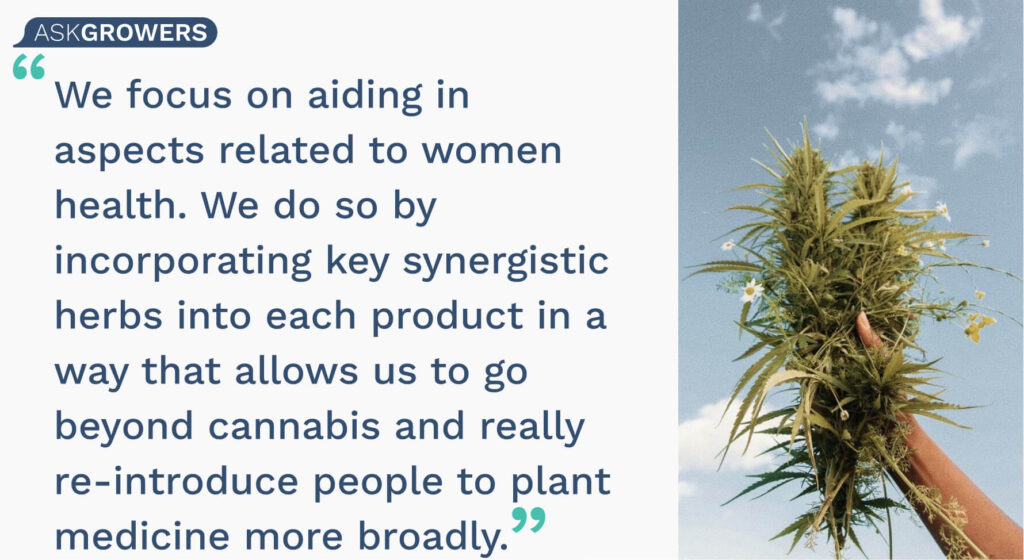
Tia : If you could have a chance to smoke with anyone on this planet, who would that be with and why?
Karina : Ahh, there are too many amazing people and I can’t seem to choose.
Tia : What are the 3 main trends in growing / (production/marketing) cannabis in 2021 for you now?
Karina :
- How to make your grow be as sustainable as possible while maximizing yields. (Stop use of plastic covers)
- Developing unique products that offer tailored/targeted effects.
- Going beyond THC and CBD
Tia : When do you think federal legalization will come?
Karina : I feel it will happen sometime in the next 5 years.
Tia : How can the industry participants help the latina-owned and black-owned brands?
Karina : By using their platforms to help promote us (if they also dig our products).
You can follow Xula at:
Thank you so much, Xula team, for taking the time to do the interview. To learn more about them, head on over to their website.

 Interviews
Interviews
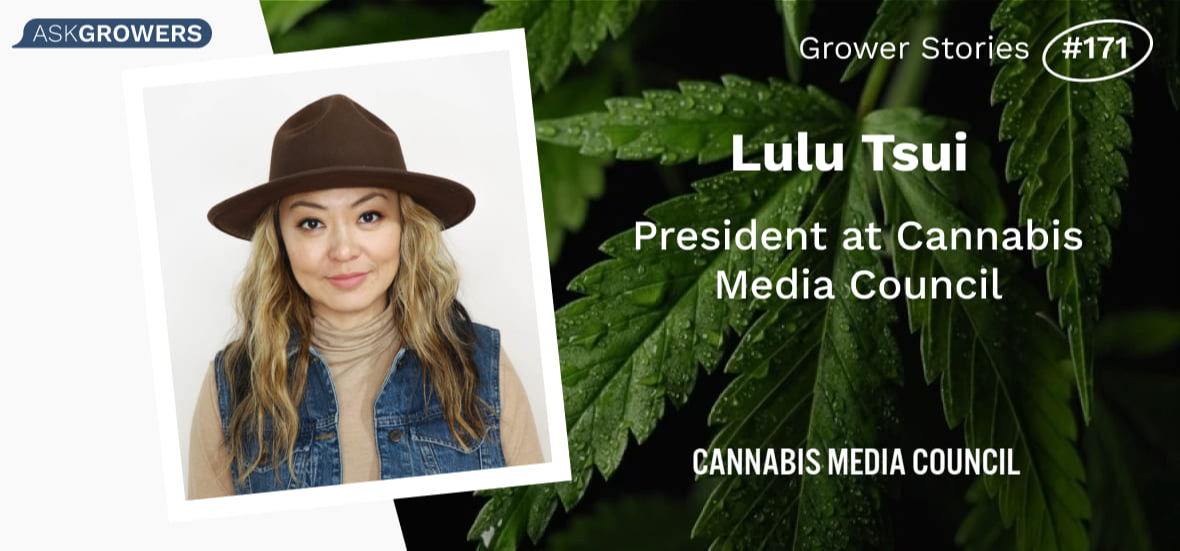
.png)
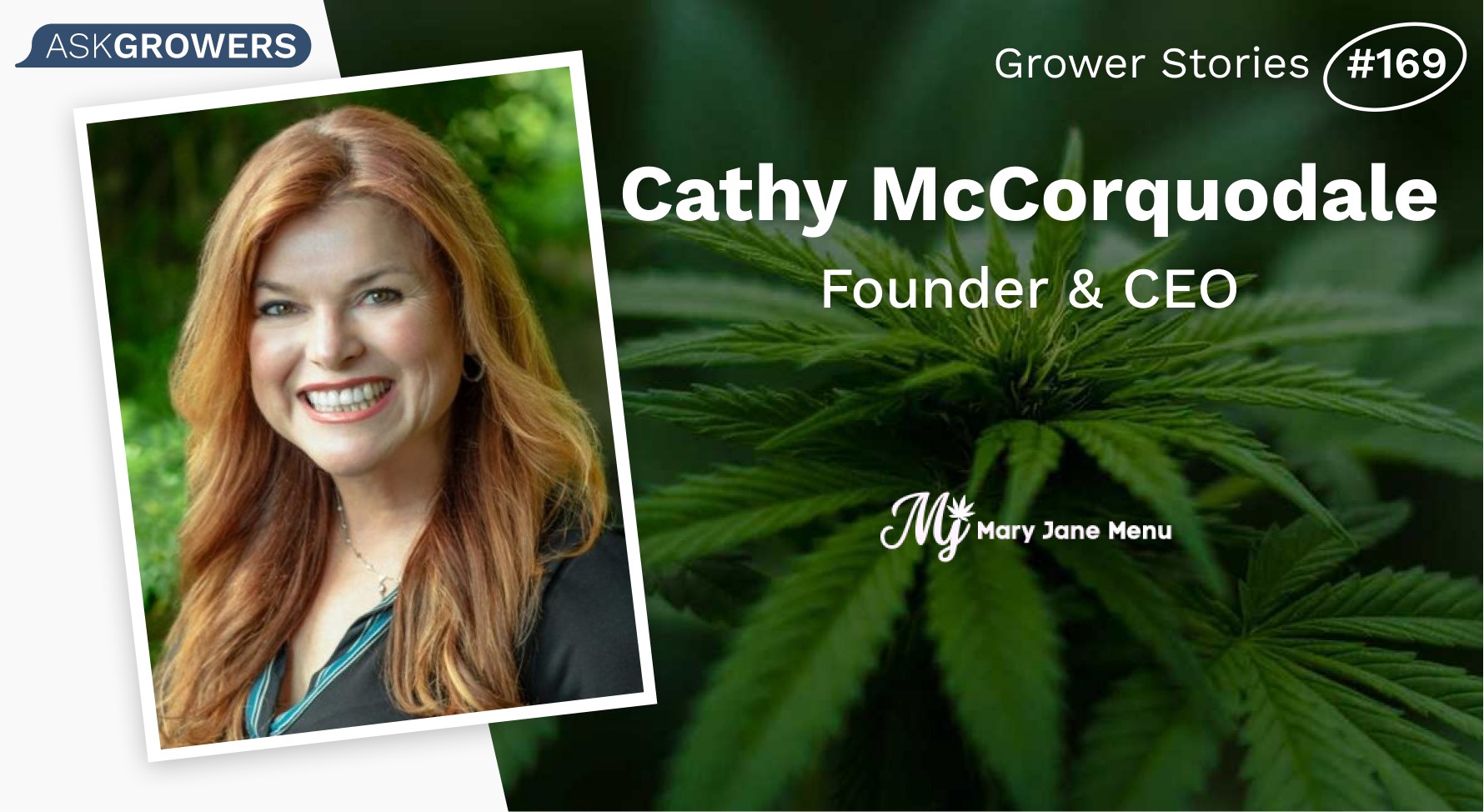
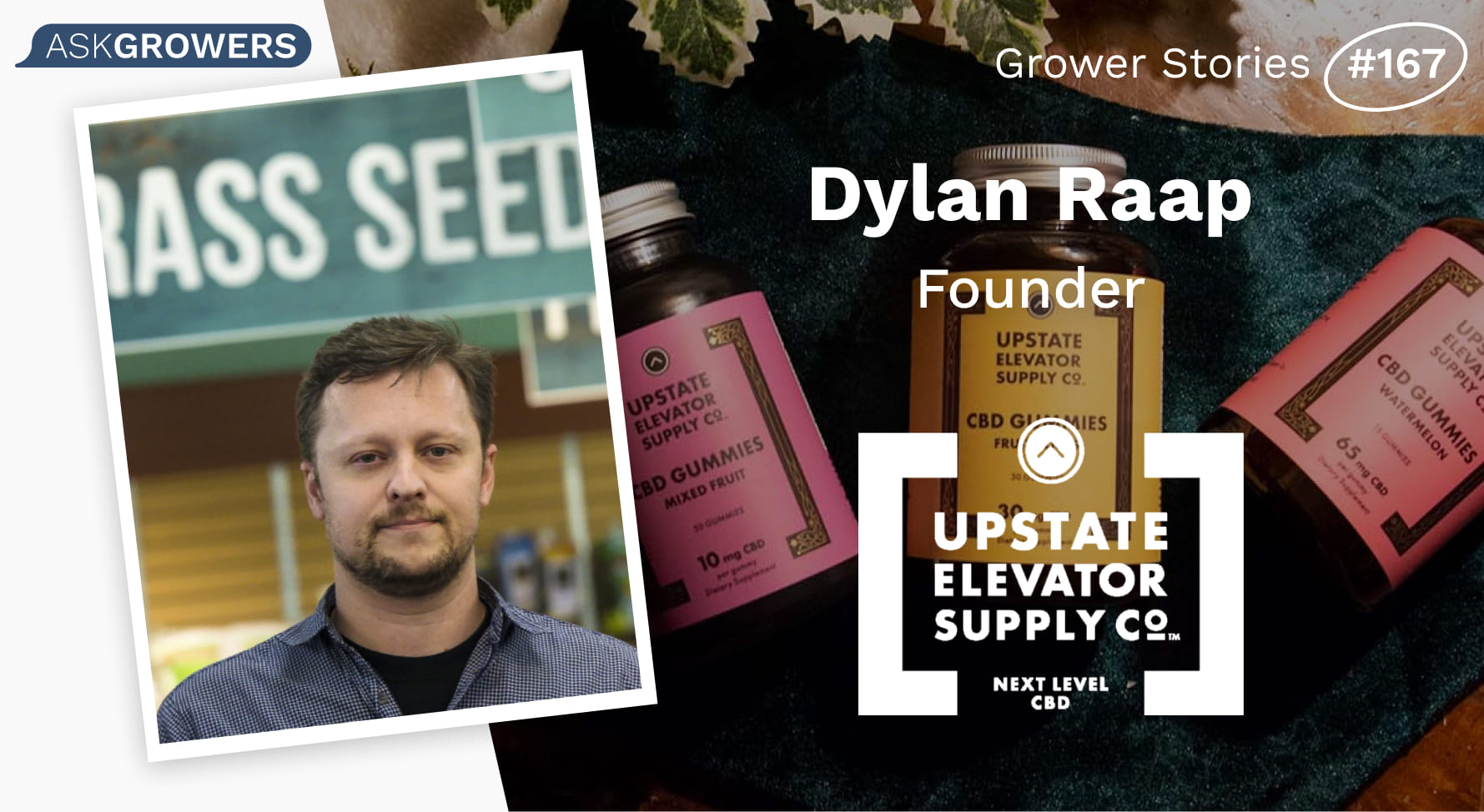
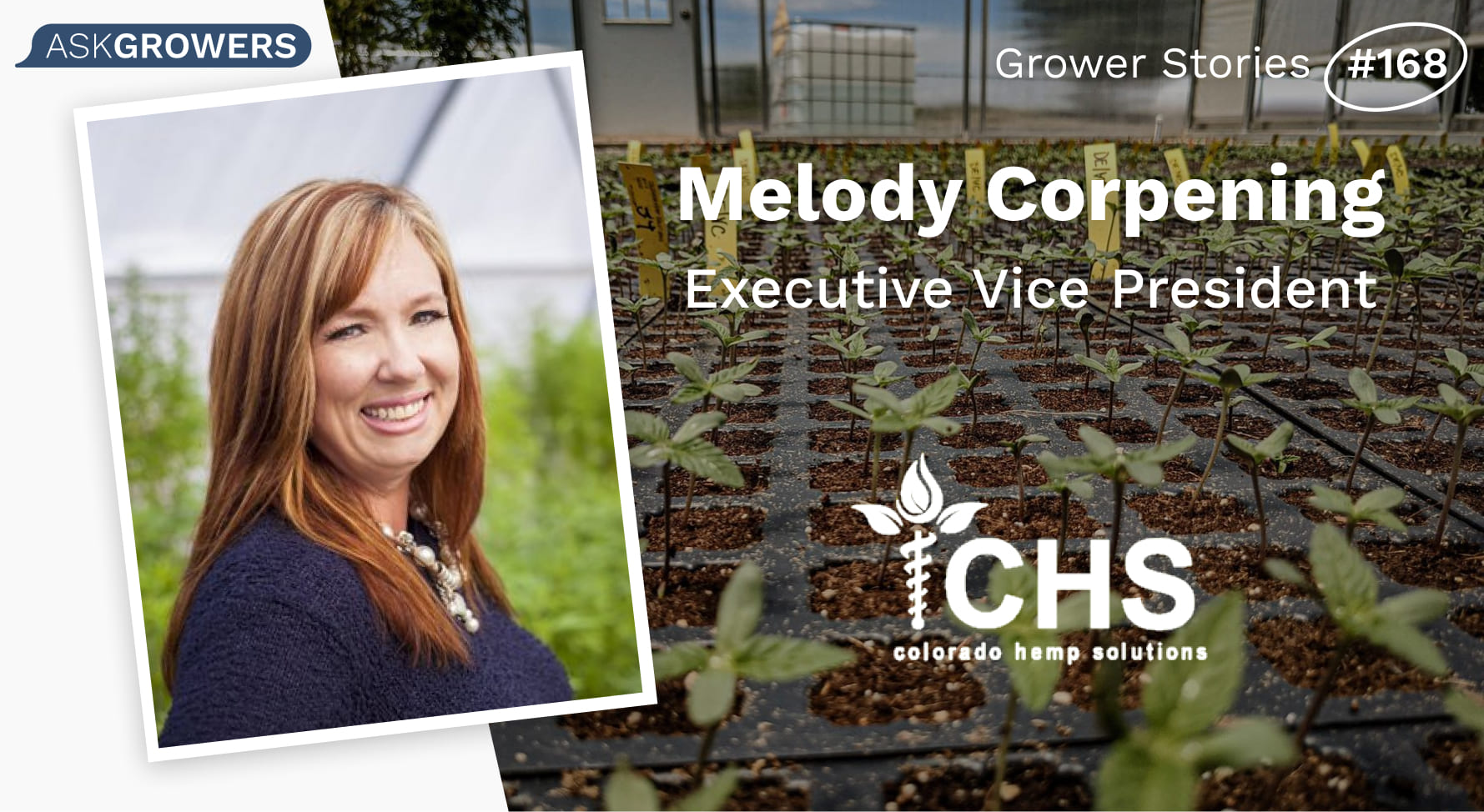


 (1).png)

.jpg)
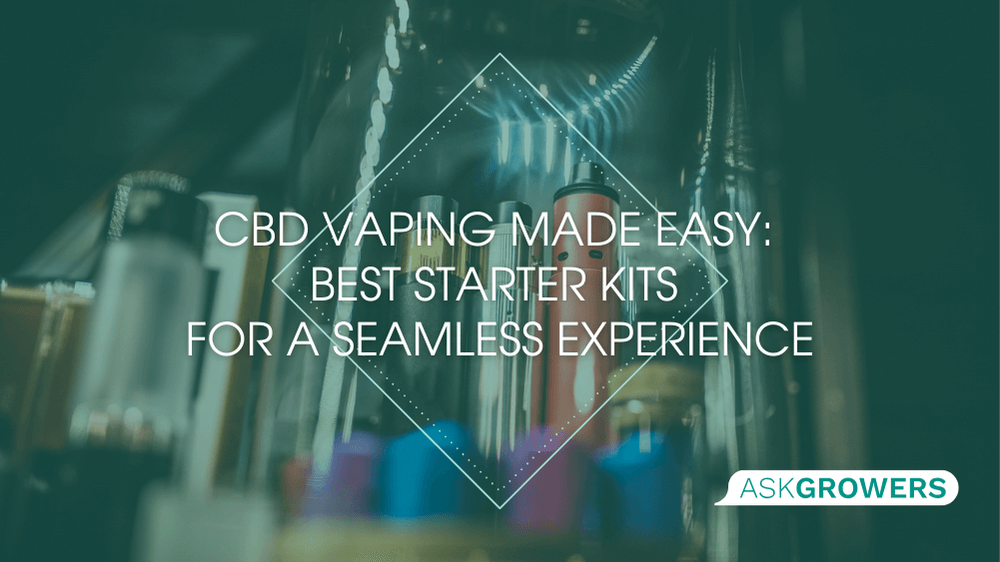




Be the first and share your opinion
Write a Review